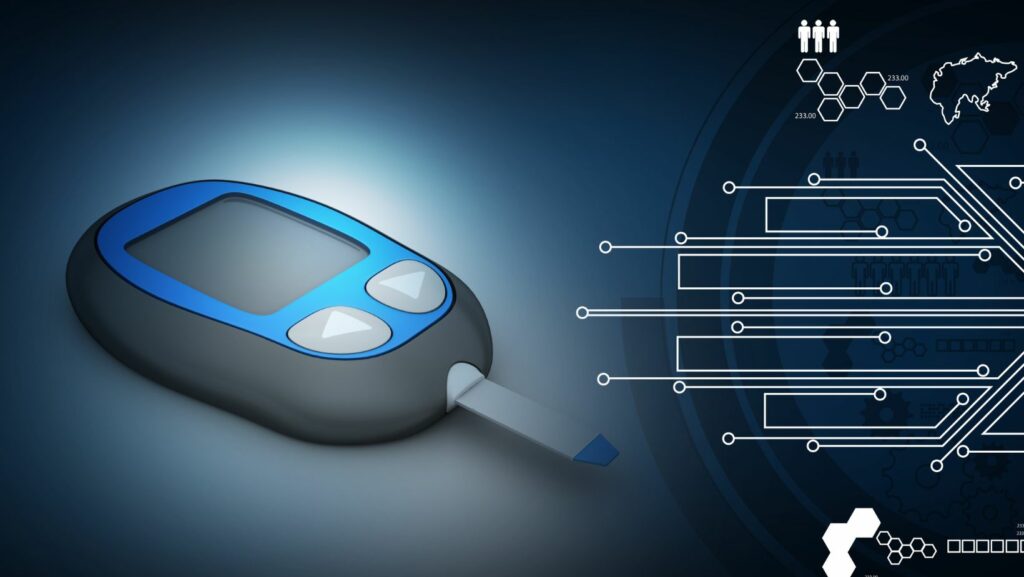Managing blood glucose levels isn’t just a concern for diabetics. It’s a vital aspect of overall health that everyone should pay attention to. But how can you keep your blood sugar in check without being overwhelmed by medical jargon and complex diet plans?
Lifestyle Hacks for Better Blood Glucose Management

Control of blood glucose holds an essential role in everyone’s well-being, not only for diabetics. Implementing lifestyle hacks can simplify this task, sans the medical jargon and complex diet plans. Three key areas play a vital part: balanced diet, regular physical activity, and proper sleep.
A balanced diet helps maintain stable blood glucose. Incorporating fiber-rich foods like whole grains, legumes, and vegetables can control blood glucose spikes. Limiting processed sugars found in sweets, soft drinks, contributes to proper blood glucose management.
Physical activities contribute substantially to well-regulated blood sugar. Regular exercises, be it jogging, yoga, or even a brisk walk, can enhance the body’s insulin sensitivity, aiding in blood glucose control.Blood sugar regulation also gets influenced by sleep. Studies validate, seven to nine hours of rest for adults boosts overall health and blood glucose control.
Deploy these lifestyle hacks, and managing blood glucose becomes more straightforward. It’s worth noting, however, that these are baseline recommendations. For personal medical advice, always consult a healthcare provider.
Understanding Blood Glucose Management

Better blood glucose management isn’t as convoluted as it may initially seem. In essence, it pertains to maintaining a steady level of glucose, the primary sugar source for the body’s cells. High fluctuations, whether high or low, indicates poor management and can lead to serious health issues, diabetes being the most common.
An individual can regulate these levels through simple lifestyle choices, contributing to overall well-being. Consuming a diet rich in fiber, for instance, aids in slow digestion, keeping the blood sugar levels stable. Similarly, reducing the intake of processed sugars reduces the likelihood of spikes in blood glucose levels.
Regular physical activity is another key factor. It enhances insulin sensitivity, facilitating efficient glucose absorption into the cells. Ensuring adequate sleep is essential, too, as poor sleep disturbs the body’s insulin regulation.
Identifying Lifestyle Triggers for Blood Glucose Fluctuations

Lifestyle triggers could induce drastic fluctuations in blood glucose levels. Pinpointing these triggers forms an integral part of effective blood glucose management. Common triggers incorporate elements like stress levels, alcohol consumption, medication usage, and menstrual cycles.
For example, stress, often overlooked, can significantly impact blood glucose levels. When under stress, the body releases hormones such as cortisol that boost glucose production – leading to elevated sugar levels in the bloodstream.
Secondly, alcohol can interfere with the body’s insulin functions, causing a surge or a fall in glucose levels, especially when consumed on an empty stomach.
Medications, both prescription and over-the-counter drugs, can also affect glucose levels. They can interfere with glucose production in the liver or impact insulin sensitivity.
Lastly, fluctuations are also observed in sync with women’s menstrual cycles. Hormonal changes during the menstrual cycle can cause blood glucose levels to rise or fall without a clear pattern.
Using Technology to Aid Blood Glucose Management
As we’ve seen, managing blood glucose isn’t just about keeping diabetes at bay. It’s about embracing a lifestyle that promotes overall health. Incorporating a balanced diet, regular exercise, and enough sleep into your routine can make a significant difference.
Identifying personal triggers, such as stress or certain medications, is another powerful tool in your arsenal. It’s about understanding your body’s unique responses and learning to navigate them effectively.
But you don’t have to do it alone. Today’s technology offers a variety of tools that can aid in tracking and managing your glucose levels. From apps to wearable devices, these tools can provide real-time data, helping you make informed decisions about your health.
So, don’t hesitate to reach out and take control of your health. After all, it’s your body, your life, and you’re in the driver’s seat.

